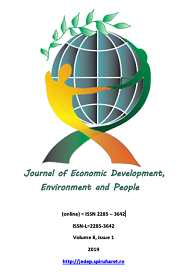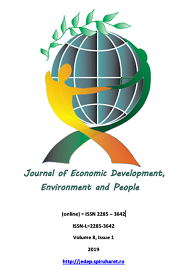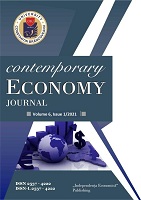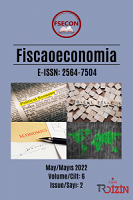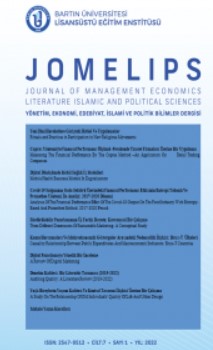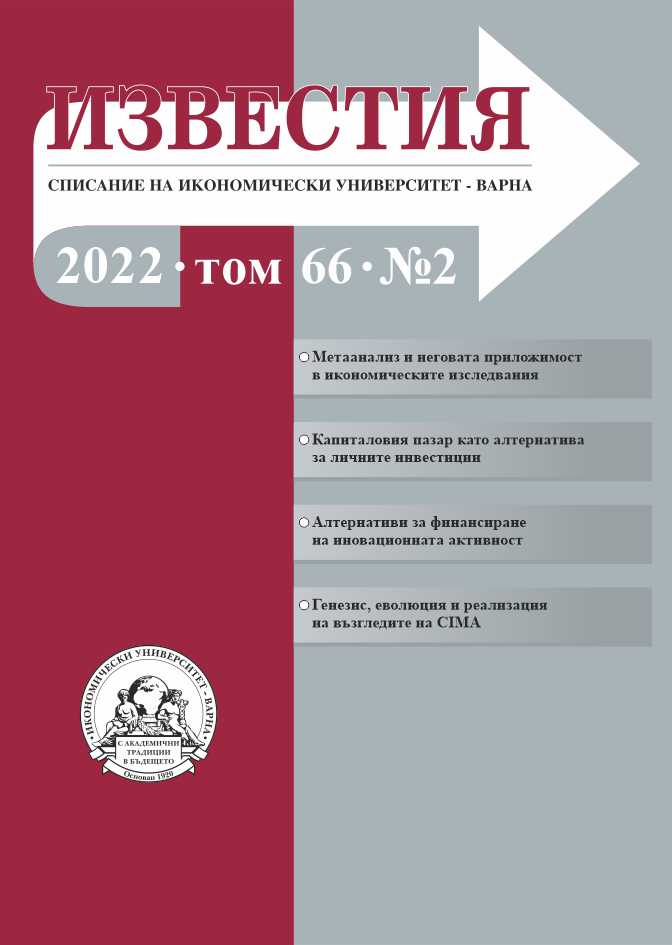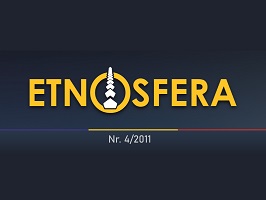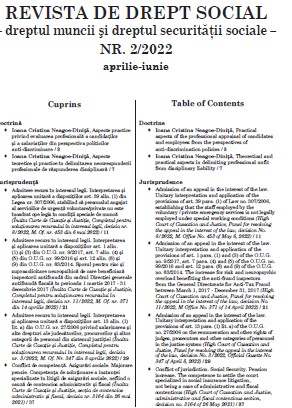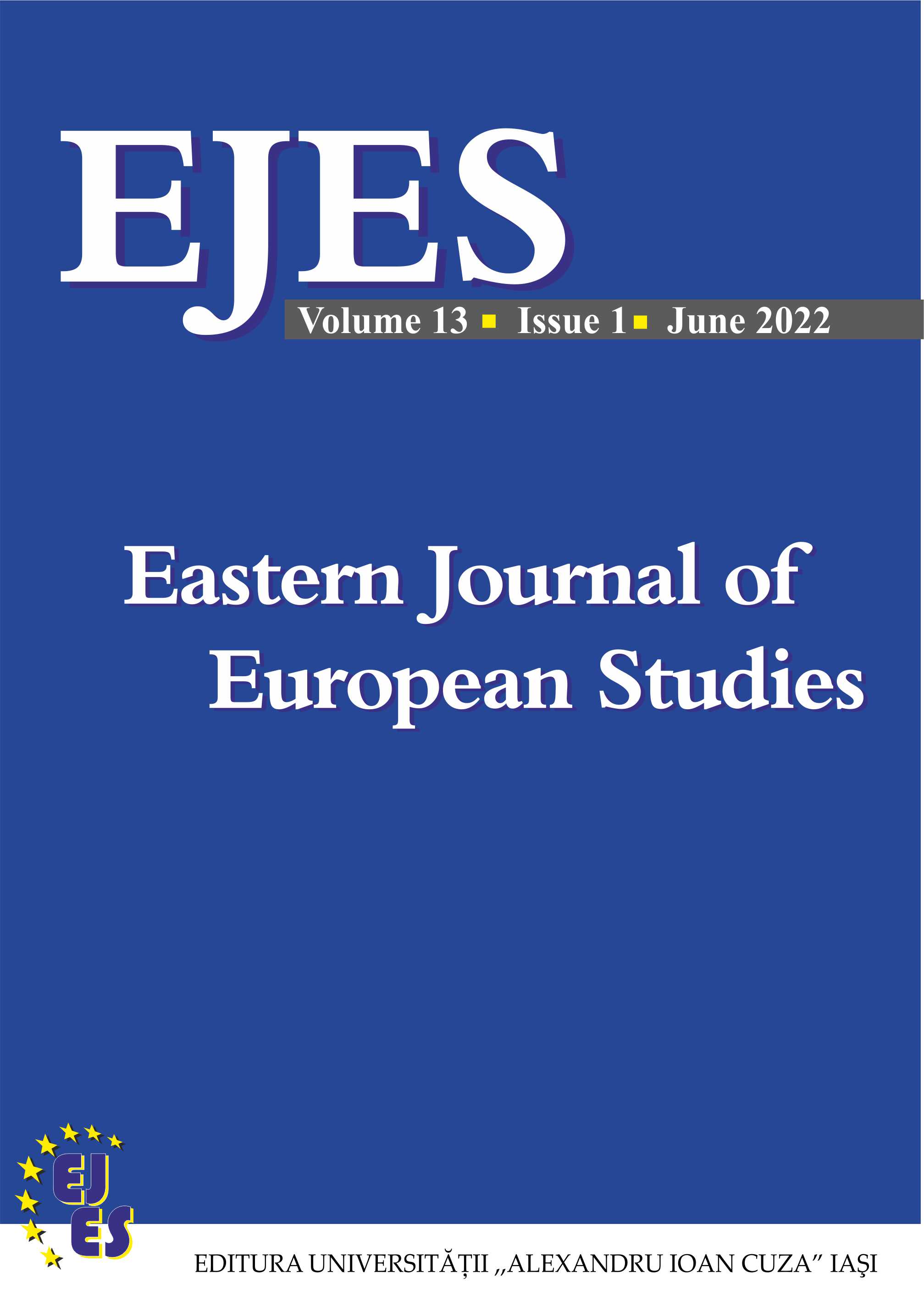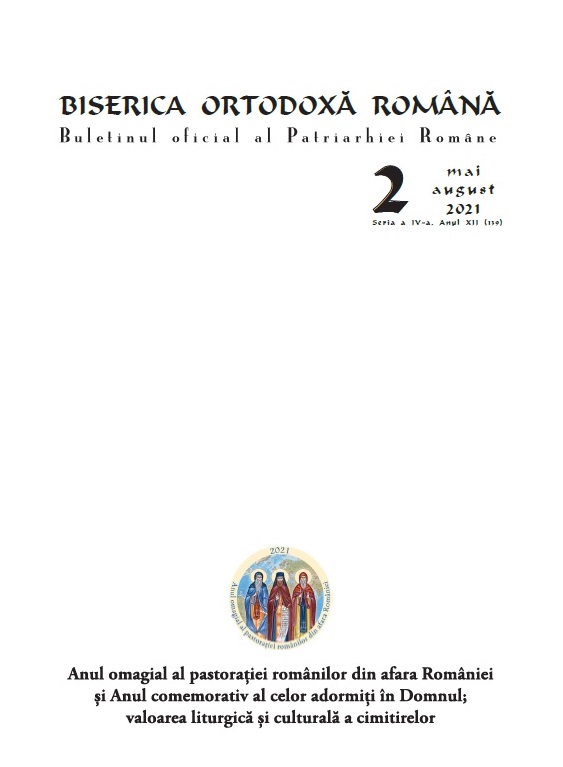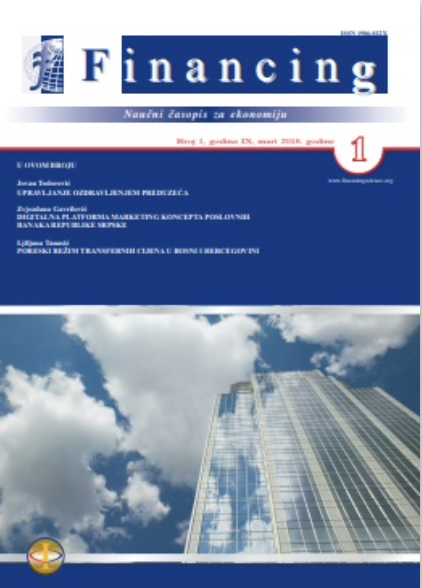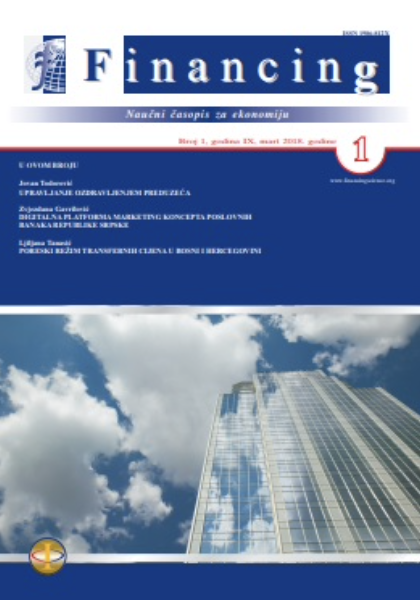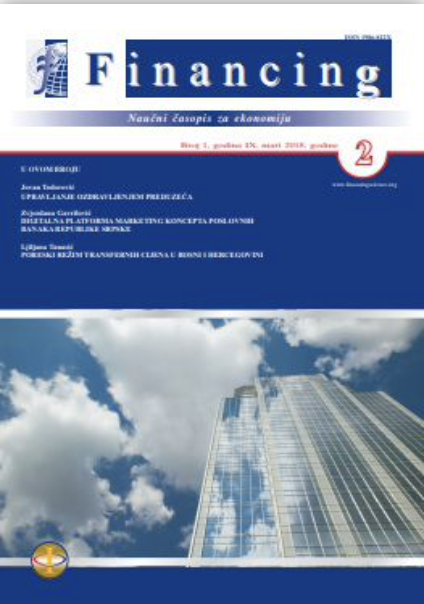Author(s): Marinel Laurențiu Marcu / Language(s): Romanian
Issue: 2/2021
On 17 June and 1 July 2021, „Iustin Patriarhul” Hall of „Dumitru Stăniloae” Continuing Formation Centre in Bucharest, hosted two online conferences organized by the Holy Synod Chancellery and the Representation of Romanian Patriarchate to the European institutions. These meetings, attended by numerous participants, including hierarchs - members of the Holy Synod, debated the issue of government funding of religious communities and religious education in the European Union”. The Conference of 17 June 2021 was opened by Rev. Archdeacon Geor¬ge Grigoriță, as moderator of the event, who presented the mechanisms by which European Union member states provide funding to the religious communities, and addressed the possibilities for funding their educational or social activities. Assoc. prof. dr. Adrian Lemeni presented the general aspects of government funding granted to denominations by member states of the European Union, as well as certain aspects of the legislation that regulates the granting and justification of financial support granted by the Romanian state to the religious denominations in our country. The second guest, Rev. assoc. prof. dr. Sorin Șelaru, Patriarchal counsellor at the Representation of the Romanian Patriarchate to the European institutions, presented an overview of the states’ freedom to contribute to the funding of religious denominations, in accordance with the policies of the European union and with the jurisprudence of the European Court of Human Rights (CEDO).During the second online conference, held on 1 July 2021 and entitled „Religious education in the European Union” and again moderated by Rev. Archdeacon prof. dr. George Grigoriță, Patriarchal counsellor at the Holy Synod Chancellery, the invited speakers were rev. prof. dr. Nicuşor Beldiman, professor at the Faculty of Orthodox Theology in Bucharest and Patriarchal counsellor at the Theological Education Department of the Romanian Patriarchate’s Administration, and Rev. George Vâlcu, secretary of the Representation of the Romanian Patriarchate to the European institutions of Brussels. Discussions addressed the main aspects of religious education in today’s social context, increasingly secularized and tending to impose secular values on all citizens. They emphasized the fact that religious education is a right which ought to be enjoyed by all children and youngsters in a democratic state, and it is the duty of state authorities to make religious education available to all citizens.
More...


